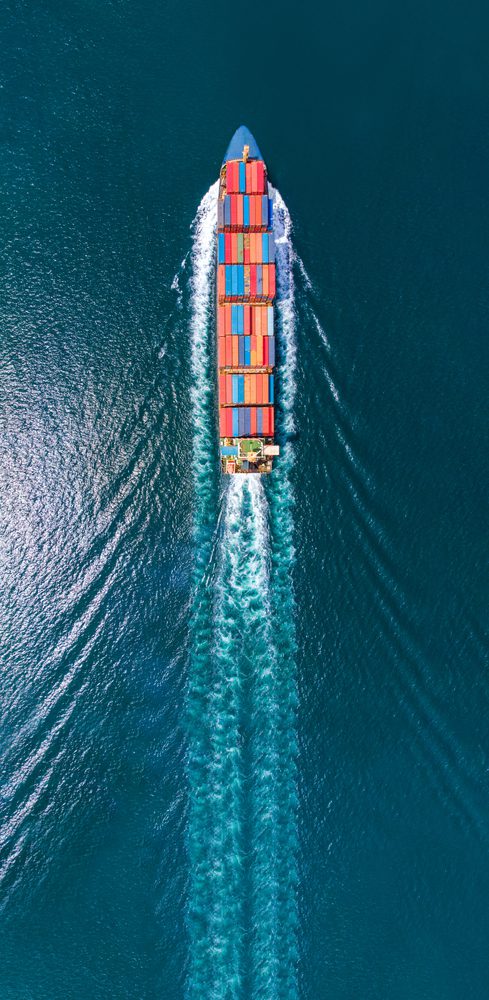Turning Risk into Reward with Expert Captive Management


Group Captive
Single Parent
Cell Facilities
Risk Retention Group
Commercial (Re)Insurance

Data from the Bureau of Transportation Statistics, the National Highway Traffic Safety Administration, and the Federal Motor Carrier Safety Administration reveal that total miles driven for commercial and personal use have been growing since 2011. Simultaneously, highway accidents involving large trucks or buses have also increased.
Contributing factors include:
Medical inflation: Contributing to higher average bodily injury costs.
Market volatility: The commercial automobile market has faced challenges, including insolvencies and carriers pulling out of segments like long-haul trucking and passenger transport.
